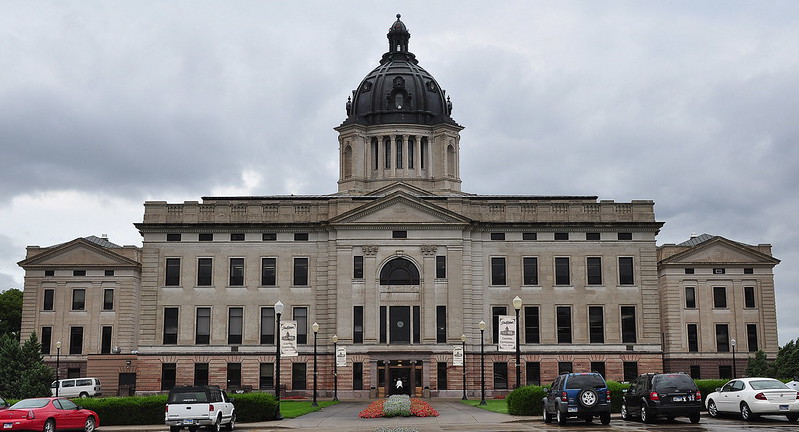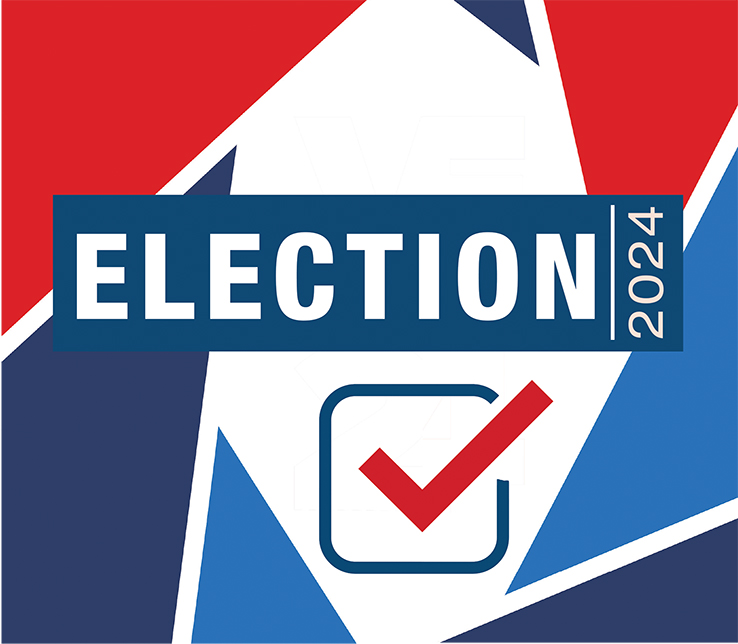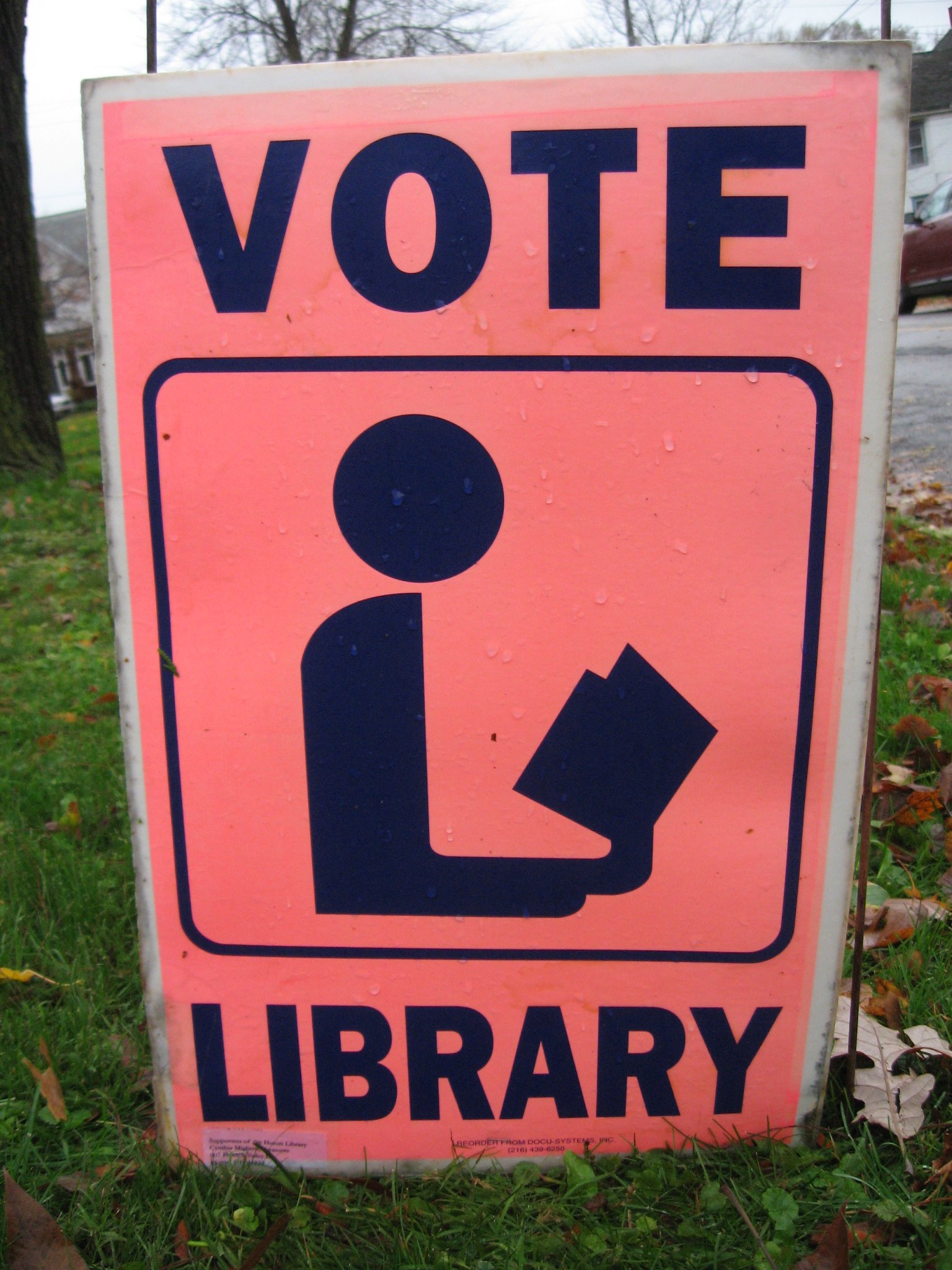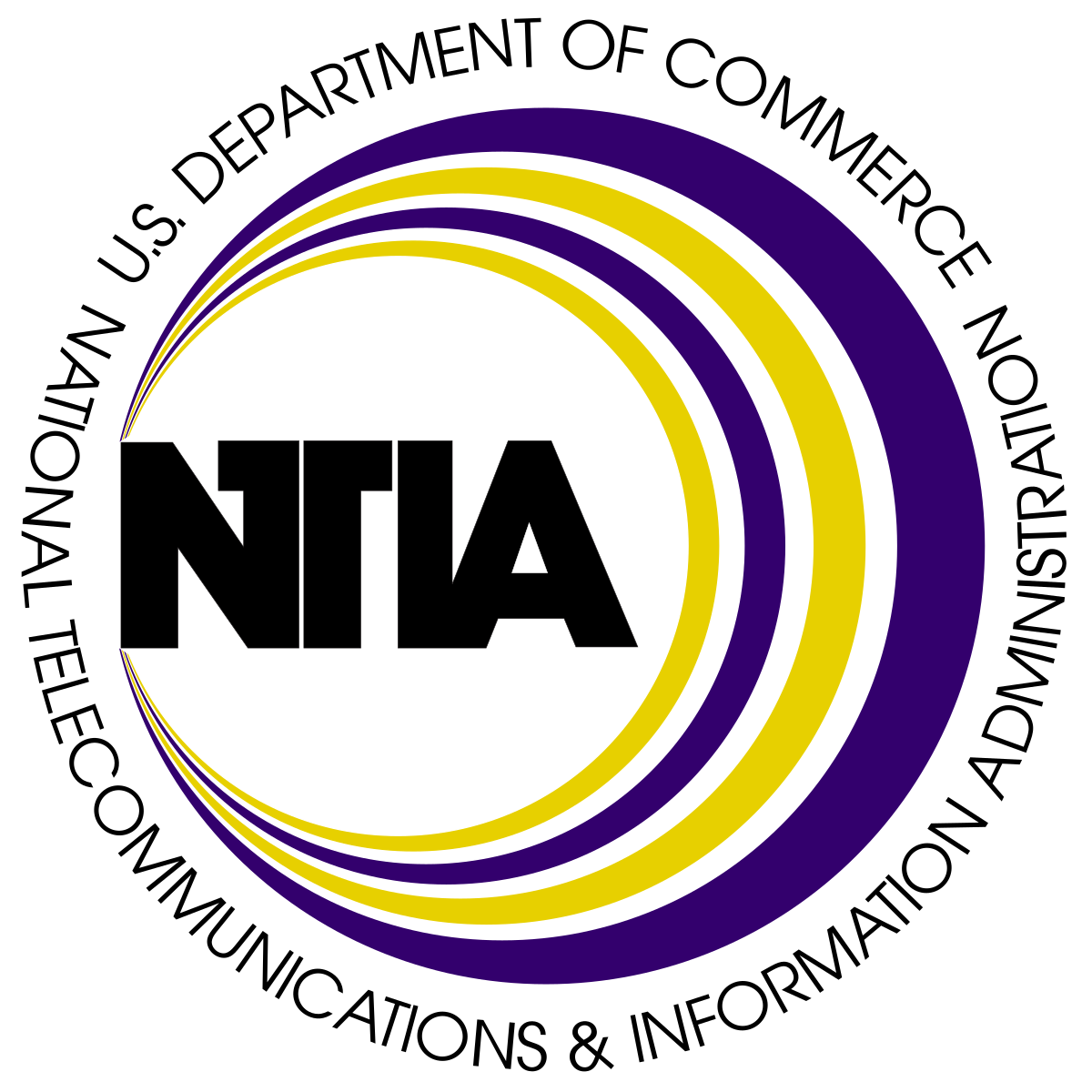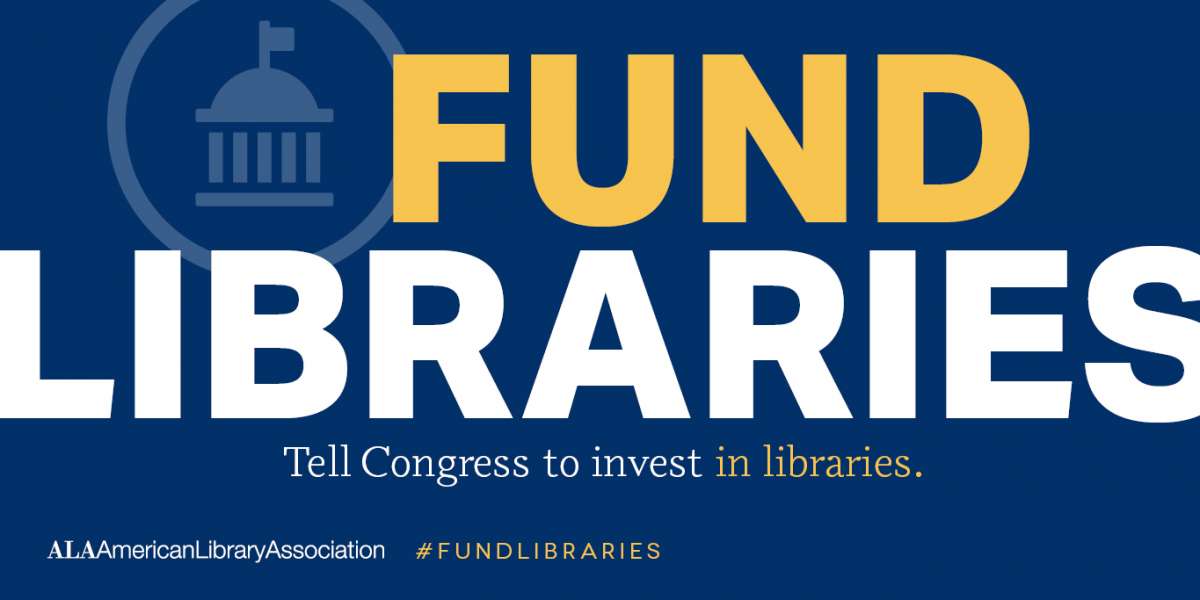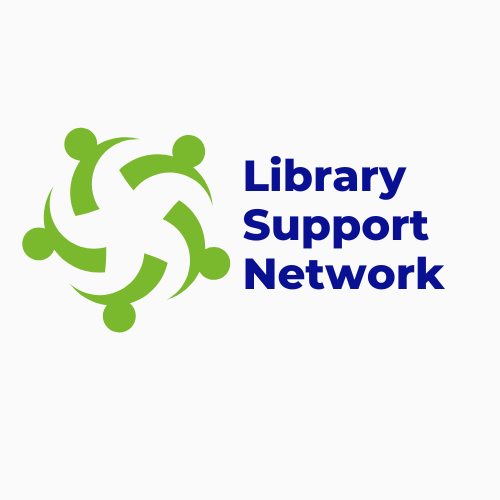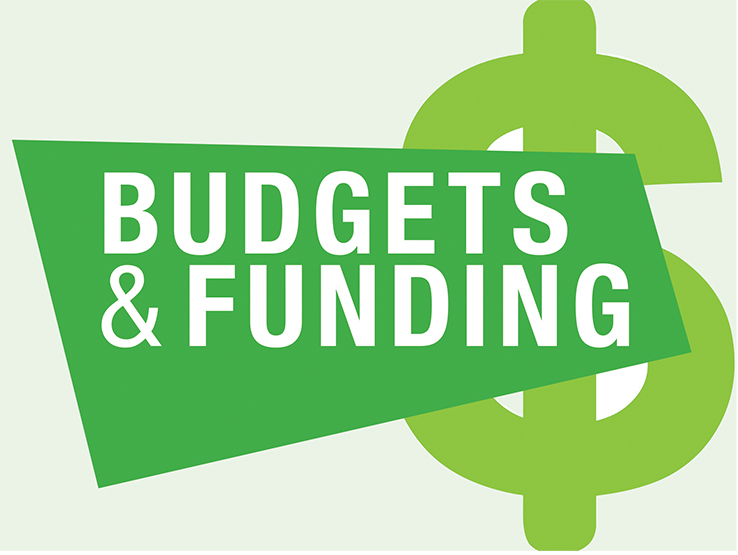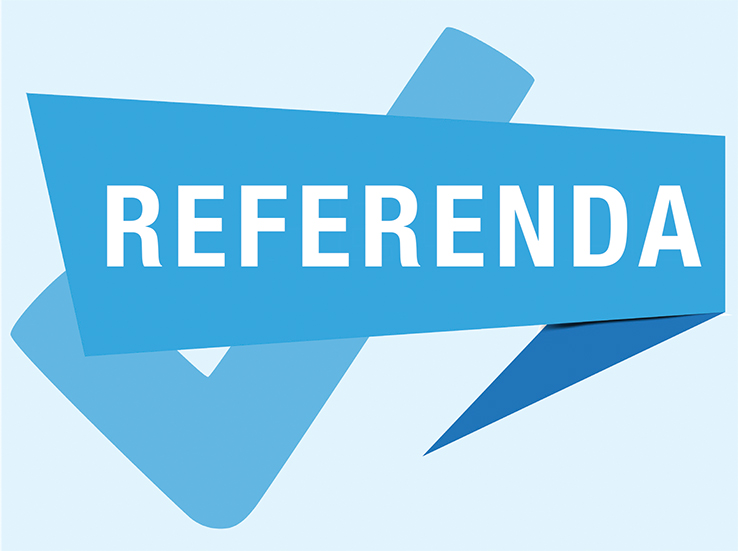News
On December 3, South Dakota Governor Kristi Noem released the state budget for FY26, which includes devastating news for the State Library in Pierre, the state capital. The institution will have its budget cut by 12.5 FTE in staff, $1,030,267 in general funds, and $1,399,443 in federal fund expenditure authority. The library currently has 21 staff members, but if the measure passes, seven remaining staff members will work in accessibility services for disabled users, leaving two employees to cover everything else.
Philanthropic foundation Carnegie Corporation of New York on December 9 announced a new $5 million pool of grant funding available for public libraries nationwide. The new initiative—Libraries as Pillars of Education and Democracy—“will help public libraries deliver critical services that promote socioeconomic mobility, civic participation, and social belonging,” according to an announcement. The $5 million will be awarded to 10 to 15 library systems in regions serving 500,000 people or more, with each system receiving up to $500,000 in funding over 24 months.
In the days after the election, LJ spoke with library colleagues for their takes on what may be in store from the new administration—and potential next steps.
Election Day 2024 held mixed results for libraries on the ballot across the country. EveryLibrary identified and tracked 79 library measures on local and statewide ballots about funding, buildings, and governance. Of those, 55 were for long-term operating revenue, 10 for building projects, seven for annual budgets, one was a defunding measure, two concerned library governance, and four were statewide issues.
The U.S. Department of Commerce’s National Telecommunications and Information Administration (NTIA) on July 24 announced the availability of almost $1 billion in competitive grant funding for programs that “support efforts to achieve digital equity, promote digital inclusion activities, and spur greater adoption and meaningful use of broadband,” according to a notice of funding opportunity posted by the agency. Application materials are available on NTIA’s BroadbandUSA website, and must be submitted through the NTIA Grants Portal by September 23.
With only days to go before the May 1 deadline for signatures on House appropriation letters, the American Library Association (ALA) is urging all library supporters to act immediately, using the #FundLibraries campaign tool, to ask their members of Congress to cosign Dear Appropriator letters supporting the Library Services and Technology Act (LSTA) and the Innovative Approaches to Literacy (IAL) program for FY25. ALA’s #FundLibraries page lets users fill out a request to their elected officials, as well as check to see whether their members of Congress have signed on.
Library development deserves to be on par with university and hospital fundraising. Yet many libraries find this work difficult, and few resources exist in the sector to support the professional development needed to be successful. But this is starting to change thanks to the Library Support Network.
Budgets grew across all areas in 2023, and while it’s too early to predict what those gains bode, the upward trend is largely encouraging.
Most library measures passed in 2023, but the year also saw confusingly worded ballots and little new funding.
ALREADY A SUBSCRIBER? LOG IN
We are currently offering this content for free. Sign up now to activate your personal profile, where you can save articles for future viewing
